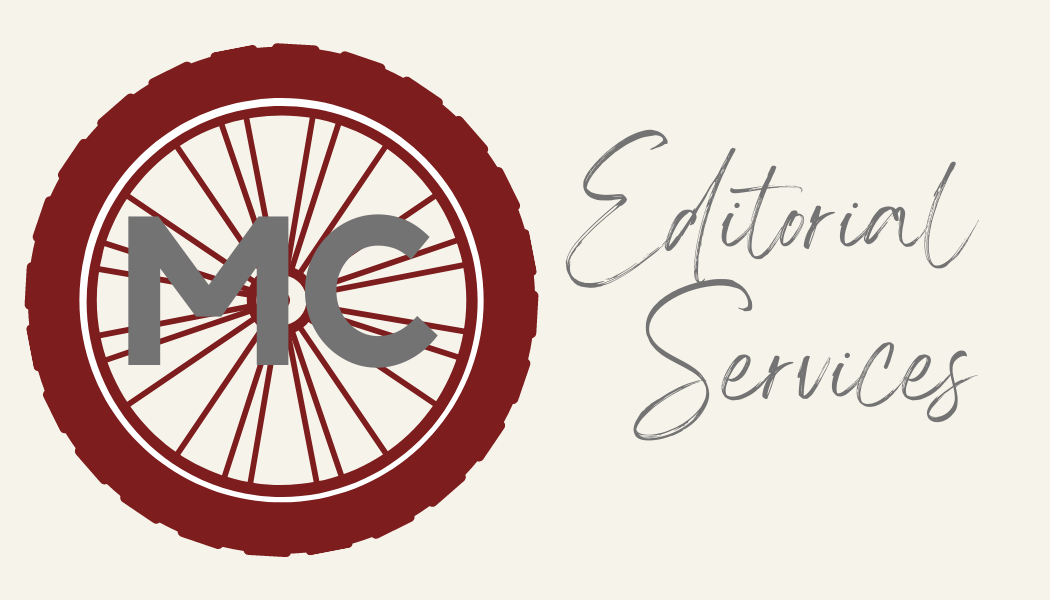Setting Your 2023 Writing Goals
With 2023 on the horizon, you might be starting to think about what you want to accomplish in the new year. (Or you might not! As I wrote about in my newsletter last month, thinking of the new year as a fresh start is pretty arbitrary, so if you’re not in hustle mode right now, that’s perfectly okay, too.)
If you are in the mindset to set some new goals, it can be helpful to have a strategy for how you’ll set goals that you can actually achieve. I recently had a great session about reflection and goal-setting with some of my colleagues in the Freelance Editors Club, and I wanted to share some of the biggest insights I’ve gleaned from that discussion and from my own goal-setting process over the years.
Here are my best tips:
Don’t Forget to Reflect
Before you dive into setting your 2023 writing goals (or personal goals!), it’s important to take a step back and reflect on the progress you made in 2022. At first, it may not feel like you accomplished much, but as you really think through the moments that felt like “wins,” you may realize that the year was more successful than you thought.
Did you sit down to write even once in 2022? That’s a win. Did you grow your social media presence or start a mailing list? Huge win! Did you allow yourself time to rest and step away from writing when you needed to? Congrats, another win. You don’t necessarily need to cross off a huge, bucket-list worthy goal (like publishing a book) in order to have something to celebrate. Each smaller win is a step toward an even bigger one.
This is also a good opportunity to think about what didn’t go so well in 2022. What would you like to change in 2023? Is there anything you’d like to leave behind as you enter the new year? I’d recommend spending at least 10 minutes reflecting on how the year went and writing down your biggest wins.
Know Your Why
Okay. Now you’re ready to sit down and start listing out some goals. For me, one of two things might happen next: I have so many ideas swirling around in my head that I can’t write them down fast enough, OR my mind goes completely blank and I can’t think of a single thing I want to do. Both of these situations are usually an indicator that I’m not clear enough on my why — the reason I’m writing or doing this work in the first place.
Consider how each goal connects to your mission as a writer or your longer-term goals. I always try to ask myself, is this goal something I think I’m supposed to do based on someone else’s idea of success? Or is it something that’s truly aligned with what I want to accomplish with my work? Try to let go of goals that are more about someone else than they are about you.
Make it Measurable
You’ve probably heard of the SMART goal concept — the idea that goals should be specific, measurable, attainable, relevant, and time-bound. Though you don’t necessarily need to follow this exact format, it’s a good reminder that it helps to have a plan for how we’ll know when we reach our goals. “Write more” is a lot more difficult to measure than “write once a week.” So as you’re narrowing down your biggest goals, be sure to think about how you’ll track your progress as you go.
Making your goals measurable can also help keep your goals realistic. The key to this is not being afraid to make adjustments as you go. If your goal is to write 1,000 words per day and you quickly realize that won’t be sustainable, there is nothing wrong with tweaking your goal to something more attainable. The numbers themselves aren’t as important as making progress.
Tackle it in Chunks
Big goals can feel really overwhelming, even with a whole year to make it happen. One strategy is to pick one or two goals you want to focus on in the first three months of 2023. Then, break those goals down into smaller steps. For example, let’s say your goal is to set up your author website by the end of March 2023. Some of your smaller goals for the month of January might be to research web hosting options, check out examples of author websites you like, or start planning out the different pages your website will have. Once those steps are complete, it will be much easier to move on to the next one.
Chunking your big goals into smaller ones like this can help you avoid burning out by trying to do too much too quickly (which can often be the first phase of giving up). To help keep yourself motivated, you can even map out some ideal deadlines for your smaller goals or set aside time in your calendar in advance to work toward them.
Be Kind to Yourself
Above all, try to remember that there is no hard deadline or penalty if you don’t reach your goals when you hope to. Try to be mindful of your needs and be willing to let things go or shift them around if necessary. The most important thing is making progress in a way that’s sustainable and feels good.
